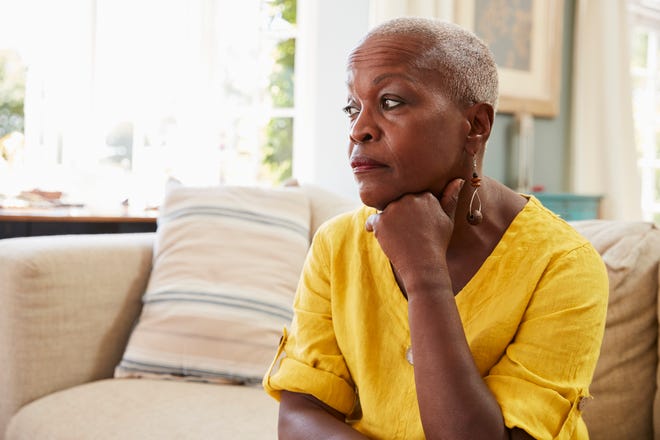
Mental illness stigma is more powerful in the older population
What is the most common mental health problem among the elderly?
It is estimated that 20% of people aged 55 and over experience some form of mental health problem.
The most common conditions include anxiety, severe cognitive impairment, and mood disorders.
Depression is a type of mood disorder associated with anxiety and suffering and is the most common mental health concern among the elderly.
Depression can lead to impaired physical, mental and social functioning, and can complicate the treatment of other chronic conditions.
Although the rate of adults with this mood disorder tends to increase with age, depression is not a normal part of aging.
Contents
Recognition of depression
Depression is more than just a passing mood. A depressed person may experience persistent feelings of sadness and hopelessness, and lose interest in activities they previously enjoyed.
Aside from external emotional signs, people will often experience physical symptoms such as chronic pain or digestive problems. Other symptoms may include irritability, excessive worry or anxiety and phobias.
Risk Factors for Depression in the Elderly
Loss of control or independence, physical illness, widowhood and loss of friends, impaired functional status, isolation and lack of a social support network can put older people at risk. of depression.
Even the changes that occur with retirement can negatively affect the mental health of some people.
Treatment
According to the CDC, 80% of cases of depression in older adults are treatable.
In fact, there are highly effective treatments for depression in later life and most depressed older adults can (and will improve) drastically with treatment.
Treatments for depression include psychotherapy or counseling, medications, and a range of brain stimulation therapies.
Unfortunately, depression in the elderly is little recognized and therefore often not treated.
Overcoming stigma
The stigma associated with mental illness appears to be stronger and more powerful in the older population.
Therefore, older people may express their depressive symptoms in terms of physical complaints rather than traditional symptoms.
This can delay proper treatment as doctors look for answers to a physical illness.
If you (or someone you care about) are experiencing unexplained physical symptoms after many tests, consider asking your doctor for a screening for depression or a referral to a mental health professional for further evaluation.

Comments are closed.